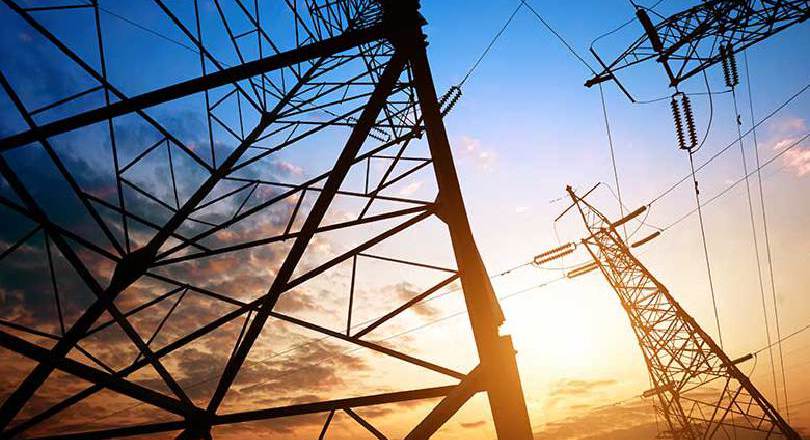A preliminary report on the position taken by Prospect, with respect to the UK electrical energy system, was issued at the end of 2017. The full report is to be published later this year.
Two statements, under “Prospect’s 6 Steps”, call for some comment:
- “Prospect has always argued that a balanced mix of generation sources must remain one of the key goals of UK energy policy; the risks to security of supply are too great to allow dependency on one single source of power”.
- “.....and the government must continue to set ambitious targets for renewables, while continuing to explore the feasibility of other low carbon technologies”.
It is regrettably true that the seeming simplicity and truth of the reasoning in the the first statement, is so gravely in error.
From 1926, and the Electricity Supply Act of that year, until the advent of nuclear energy and natural gas, the sole source of electricity were the coal-fired power stations, supplying Grid. One source. No mix of sources, except for the post-war hydro power in Scotland. During these years there was no consideration of “risks to security of supply” (due to) “dependency on one single source of power.
The same may be said of the nuclear power system developed in France, up to 83% nuclear, plus hydropower from the Alps.
In the coal, gas, and nuclear systems, single power units have been shut down for maintenance or due to breakdown, but the whole system did not fail as a consequence. The reliability of coal as a single system is proven, as would be the case for both natural gas and nuclear. Whole system failure is unknown, single plant outage is unavoidable and contingency plans may be made; both for planned and unplanned downtime. For such providers, no “mix” is required as they do not suffer these “risks to security of supply”.
With the case of renewables, however, whole system failure is continually demonstrated, largely due to the vagaries of the weather, and so common as to be accepted as a system characteristic, totally normal. The wind turbine system has, this year alone, had a number of instances of its 18GW capacity falling to as low as 0.66GW. These are not examples of single turbine failures, but of whole system failure. The same is true of the much vaunted solar generation system which fails totally every night. Yet this is accepted in official circles.
The epidemic of endless SMART suggestions, from the domestic meter to whole grid modifications, attempting to contravene the principles governing the nature of electricity, emanate from the necessity to overcome these fatal flaws in renewable generation.
Even worse, both HMG and the spokesmen for Prospect, declare that the systems demonstrating repeated collapse, must be “set ambitious targets” to expand!
The question of this mysterious necessity for “mix”, arises only because it is mandatory for all and every renewable source to be connected to the Grid. Any shortfall has to be generated by nuclear or fossil fuel; sources of supply, upon which dependence may be made. The mix is mandated because failures common to wind, solar, wave, tidal streams, tidal lagoons, tidal barriers, and, in extremis, hydro power are an absolutely unavoidable, weather dependent, property of all renewable systems.
This situation has its origins decades ago when the European Commission for Energy, declared that “renewable” energy was to be established, and not simply a “low carbon” generation systems. Nuclear was to be disregarded, since although a zero CO2 emitter, it was not “renewable”. It goes almost without saying that the bodies responsible were totally without technical knowledge or experience. Generous subsidies were in the air and avidly consumed by business interests who established the new industries.
It is greatly to be regretted that Parliament, with the Cabinet (the decision makers), at the top table, are almost exclusively without technical or scientific knowledge, unable to make original contribution to the discussion and unable to question the validity of the proposals set before them by a private industry with purely profit motives.
The two statements above should be withdrawn and the whole policy of Prospect reconsidered in the light of the Physical Sciences and Electrical Engineering.
The discussion on the degree to which carbon dioxide influences the heat balance of the Earth, is very much unresolved, principally because it is a fiendishly difficult calculation to make. But the extreme position of the IPCC, is certainly open to examination. And let us not forget that the effect of rising CO2 levels is a predominantly logarithmic one, an ever decreasing one. This matter needs urgent resolution; even if only in part.

